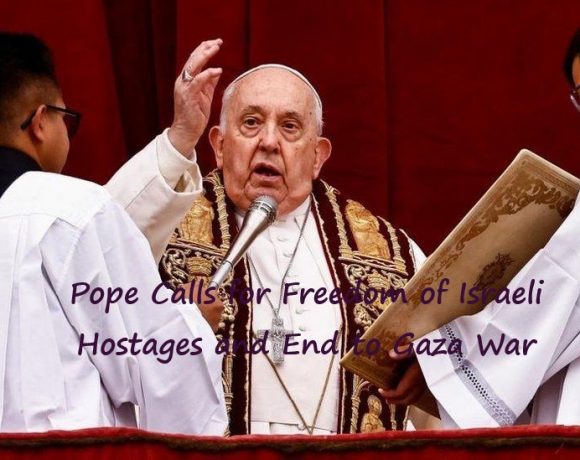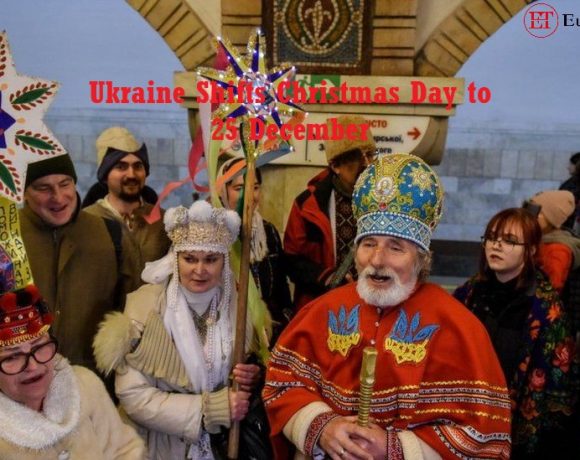
Pope Francis delivered a Christmas Day message at St Peter’s Basilica, calling for an end to the war in Gaza and the release of Israeli hostages held by Hamas. Expressing sorrow for the victims of the October 7 attack, he urgently appealed for the liberation of those still held hostage and pleaded for an end to military operations that result in innocent civilian casualties.
The Pope also emphasized the need for increased humanitarian aid to address the desperate situation in Gaza. He highlighted the appalling impact of the conflict and urged for a solution to the humanitarian crisis through the provision of necessary aid.
In addition to addressing the Israel-Hamas conflict, Pope Francis touched on other global conflicts. He called for peace in Ukraine, where the war with Russia has persisted for nearly two years. The Pope also expressed his prayers for political and social stability in Syria, Lebanon, and Yemen—countries marked by prolonged periods of war and unrest.
Beyond specific regions, Pope Francis advocated for peaceful solutions to conflicts in various parts of the world, including Armenia and Azerbaijan, as well as in different areas of Africa and on the Korean Peninsula. His message resonated with a plea for harmony and resolution in troubled spots across the globe.
In his address, Pope Francis extended his concerns to millions of migrants worldwide, highlighting their plight as “the little Jesuses of today.” He emphasized the challenges faced by migrants on perilous journeys undertaken in desperation and in search of hope, calling for compassion and understanding in addressing their struggles.
Picture Courtesy: Google/images are subject to copyright

